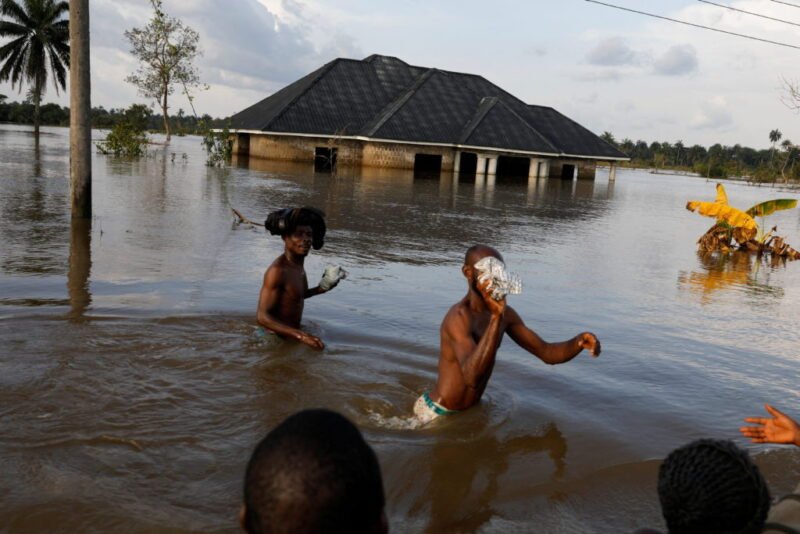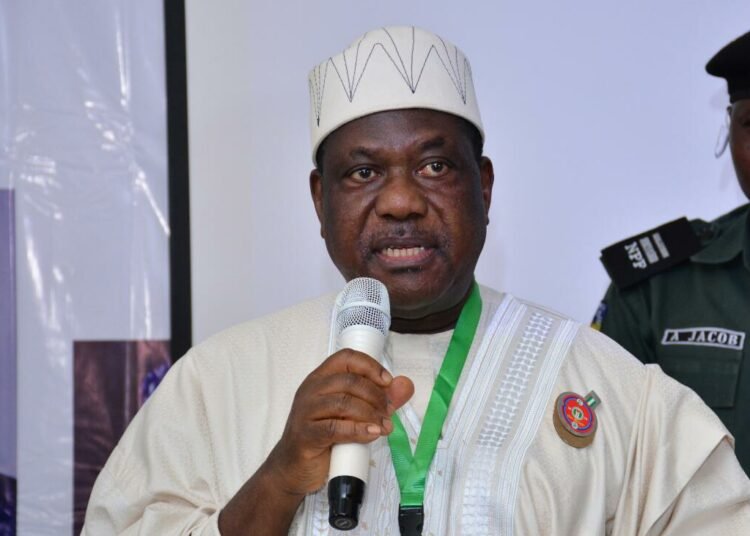Flash floods in Lagos have disrupted business activities as residents and motorists grapple with the aftermath of early morning torrential rainfall. The flooding has led to significant traffic gridlock and submerged several homes across the metropolis.
The Nigerian Meteorological Agency (NiMet) had predicted thundery weather and possible flash floods from Monday to Wednesday. The downpour began around midnight and continued intermittently, resulting in heavily flooded roads on both the Island and Mainland sides of the city.
Motorists faced severe delays, with many stranded for hours. Affected areas included the Odo Iya Alaro Bridge in Ikorodu, where residents reported navigating hazardous conditions. Broken-down vehicles were common on flooded roads, further exacerbating the traffic situation.
Residents have expressed their frustrations, calling for government intervention. One resident noted the recurring nature of flooding in the area and the lack of effective government response.
In response to the crisis, the Commissioner for the Environment and Water Resources, Mr. Tokunbo Wahab, urged residents in low-lying areas to relocate to prevent loss of life and property. He highlighted the risks associated with Lagos’s coastal geography and climate change, warning that heavy rainfall can lead to tidal locks and increased flood severity.
Wahab reiterated the importance of not disposing of refuse in drains, as this contributes to flooding. He assured residents that the state is enhancing the maintenance of drainage channels to mitigate future flooding risks.







